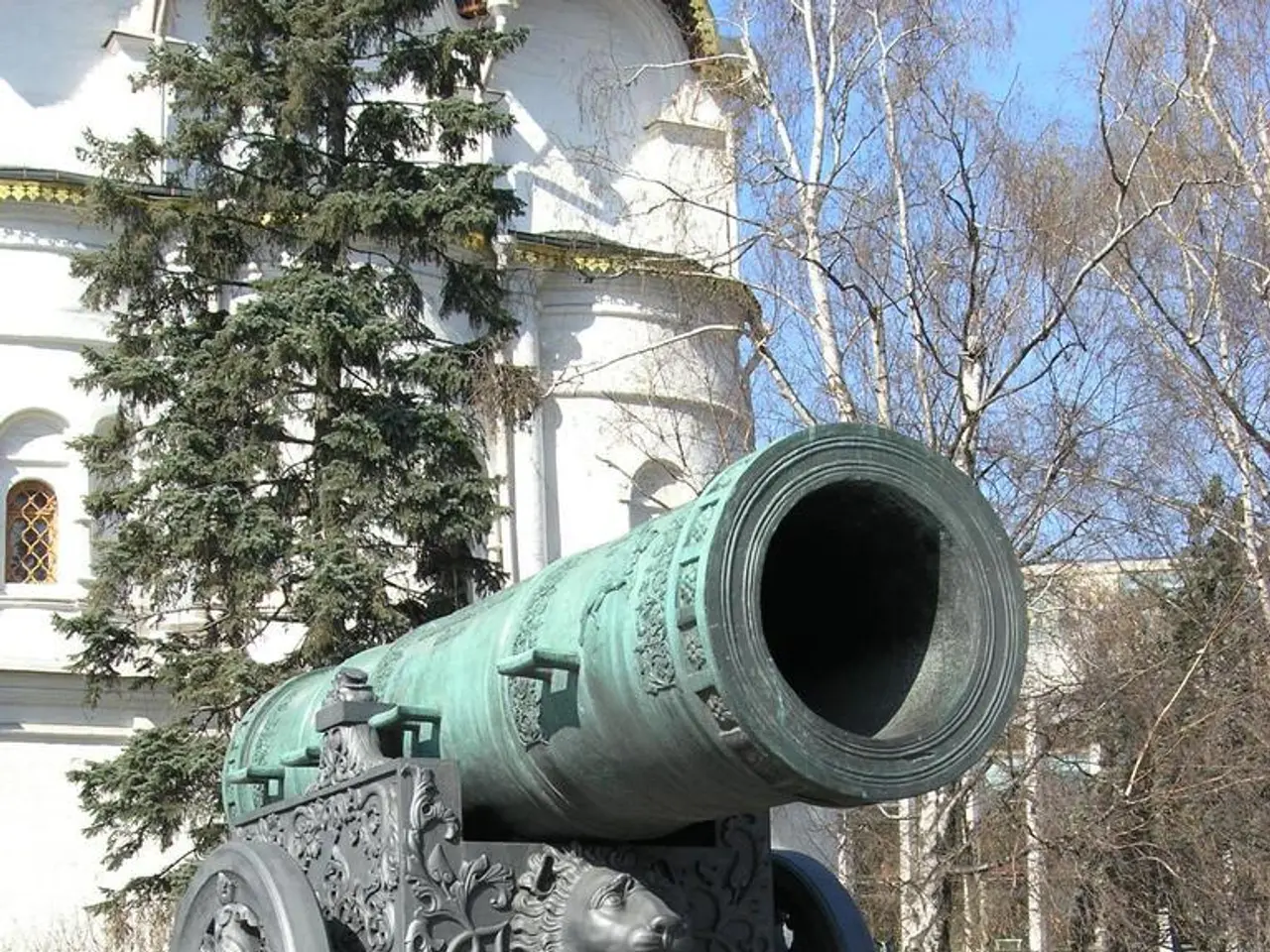Yakutian lawmakers rebuke remarks by their "New People" counterpart concerning pure water provocation
In the heart of the Russian Federation, a series of discussions regarding the potential independence of the Republic of Sakha (Yakutia) have sparked a notable response from Russian officials.
Ivan Lutsakan, Deputy of the Il Tumen, has emphasised the importance of deputies representing the legislative body of the republic with utmost care, insisting that every word should be chosen with great consideration and that actions should be taken within the laws and Constitution of the Russian Federation. Lutsakan has expressed confusion over the views expressed by Alexander Ivanov, another Deputy from the 'New People' party, who suggested that help should be given while regions are weak and then they will be sent away when strong. Lutsakan considers this view as a betrayal.
Alexei Kolesnikov, another Deputy of the Il Tumen, has stated that Alexander Ivanov's statements suggest he does not fully understand or appreciate the responsibility of his words. Kolesnikov finds such statements contradictory to the principles of national unity, territorial integrity, and the interests of the people.
Alexei Eremenko, Speaker of the Parliament, has stated that statements about potential violations of Russia's territorial integrity are unacceptable and contrary to the Constitution. Eremenko also believes that such statements harm the region's reputation and violate the ethical norms of a republican deputy's behaviour.
The Russian Federation guarantees the integrity and inviolability of its territory, as stated in the Constitution. The federal system in Russia is based on the state's territorial integrity, the unity of the state power system, the division of powers, and the equality and self-determination of Russia's peoples. The Republic of Sakha (Yakutia) is an inalienable part of the Russian Federation, enjoying all the rights of a federation subject.
These responses occur within a wider context of tightening central control over Russia’s vast regions. The Kremlin has been increasingly vigilant against regional separatism, with similar patterns observed in other indigenous or resource-rich regions such as Buryatia. The Kremlin has established official bodies specifically to combat separatism and extremism, and has labeled related national movements as “terrorist.”
Discussing or suggesting Yakutia's independence is considered pure provocation by Alexei Kolesnikov. These discussions reflect official intolerance towards separatist discourse, as evidenced by the potential expulsion of a member of the Sakha Republic’s parliament following an interview about an independent Yakutia.
In conclusion, Russian officials are reacting to independence-related statements from Yakutia and similar regions with suppression, political pressure, and framing such movements as extremist or destabilizing threats. The importance of maintaining the territorial integrity of the Russian Federation is clearly emphasized in the responses from Russian officials.
- The discussions about the potential independence of the Republic of Sakha (Yakutia) have raised concerns about policy-and-legislation, as they reflect the regions' desires for self-determination, which clashes with the Russian Federation's commitment to maintaining its territorial integrity.
- The debates surrounding the independence of Yakutia are taking place in a political environment characterized by increasing central control and intolerance towards separatist discourse, as shown by the response from Russian officials, who view such movements as destabilizing threats to the general-news landscape of the Russian Federation.







